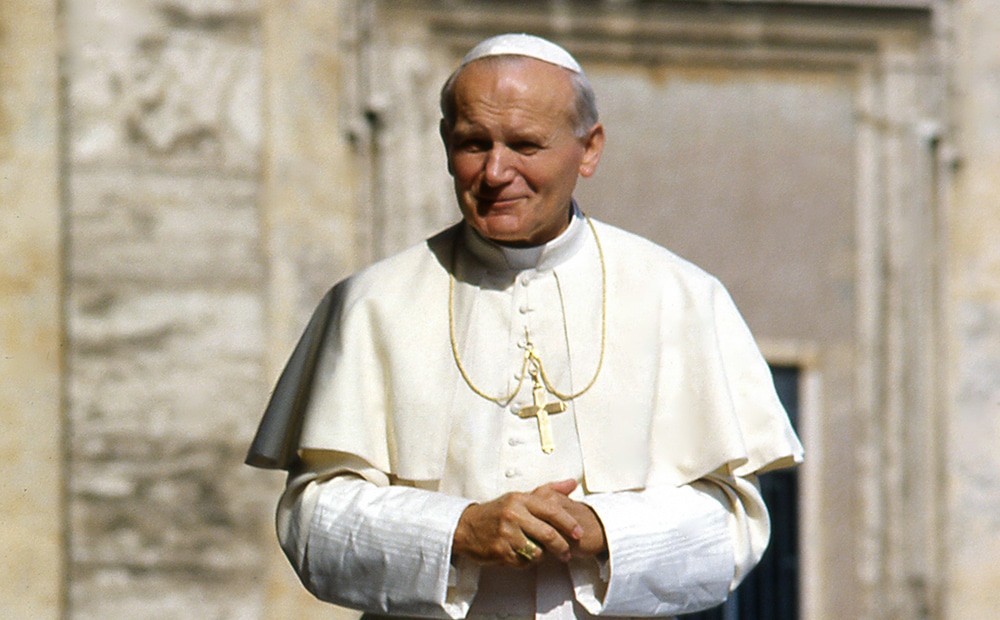
VATICAN CITY, Oct. 22 – Across the globe today, Catholics mark the feast of St. John Paul II, celebrating a pontiff whose three simple words—”Be not afraid”—became a revolutionary cry that helped reshape the 20th century’s political and spiritual landscape.
The Polish-born pope, who led the Roman Catholic Church from 1978 to 2005, emerges in historical memory as a figure of both profound spiritual witness and tangible political impact. His legacy remains particularly relevant in today’s era of new ideological divisions and global uncertainties.
The Phrase That Changed History
”Be not afraid,” Karol Wojtyła declared from St. Peter’s Square during his inaugural homily in October 1978. “Open wide the doors for Christ.”
The timing was significant. The world remained divided between superpowers, with millions living under communist regimes. The Church itself faced internal division and external pressure.
”Those three words weren’t just spiritual advice,” says Dr. Maria Rossi, a Vatican historian at the Pontifical Gregorian University. “They were a strategic intervention. John Paul understood that fear was the primary weapon sustaining oppressive systems, and he set out to disarm them.”
The most dramatic demonstration of this courage came during his first papal pilgrimage to Poland in June 1979. Communist authorities had permitted the visit expecting a religious ceremony; what they got was a political transformation.
Crowds estimated in the millions gathered to hear the pope speak, with many chanting “We want God!” The peaceful gatherings represented the largest in Polish history and created the social space for the Solidarity movement to emerge 15 months later.
”His visit created a revolution of conscience,” notes historian Timothy Garton Ash. “It was the key that unlocked the door to 1989.”
The Final Homily: His Own Suffering
Perhaps the most profound lesson in fearlessness came during the pope’s final years, as he publicly endured the degenerative effects of Parkinson’s disease.
”The world watched a powerful global leader gradually lose control of his body,” observes Dr. Roberto Santos, a bioethicist at the Catholic University of Milan. “Yet he transformed his physical diminishment into a final testament on human dignity. He showed us that even suffering need not be feared.”
The Challenge for Contemporary Catholics
As the Church faces new challenges in the 21st century—from secularization to internal reform to religious persecution—John Paul’s message retains urgent relevance.
”The call to ‘be not afraid’ applies directly to today’s crises,” says Sister Gabriella of the Missionaries of Charity. “We’re called to fearlessly confront challenges within our own community while bringing Christ’s hope to a world that desperately needs it.”
For Catholics across Africa, who often face unique pressures from political instability or religious tension, the command to “be not afraid” resonates with particular power, echoing the faith of the continent’s martyrs and missionaries.
From the digital public square to the margins of society, the late pope’s challenge echoes across generations: that courage rooted in faith remains the most powerful response to fear.



